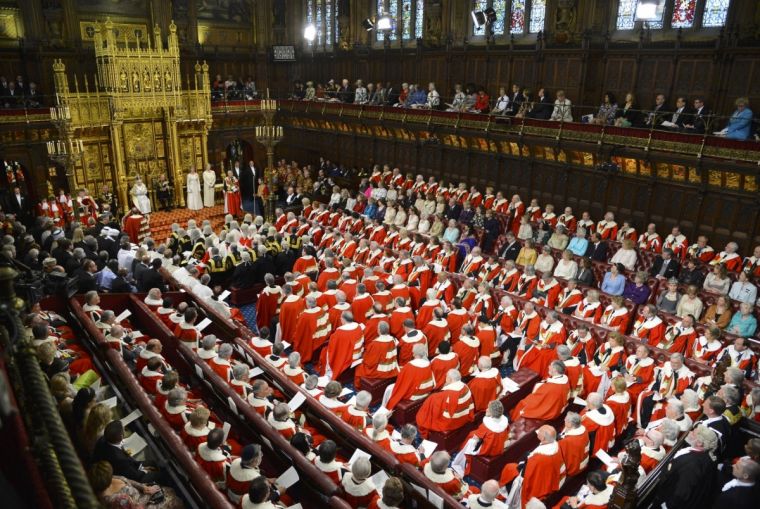New counter-extremism law will fuel terrorism, civic leaders warn

A coalition of influential civil society groups and individuals has condemned the new counter-extremism legislation that was announced in the Queen's Speech.
Sir Peter Fahy, former Chief Constable of Greater Manchester Police and former National Policing Lead for Prevent, the Government's anti-extremism programmed, heads the individual signatories, who warn the new bill will even feed the very commodity that the terrorists thrive on: fear.
The coalition of 26 organisations and prominent individuals includes Rights Watch (UK), Runnymede Trust, Liberal Judaism, Index on Censorship, The Jewish Council for Racial Equality and the National Secular Society.
In the statement, posted on the website of the Muslim Council of Britain, they say: "We are a cross section of British society who believe in the necessity of keeping our nation safe and secure.
"To defeat the scourge of terrorism we need a strategy underpinned by a soaring confidence in our values and the society we seek to build together. As such, we are gravely concerned that the proposed Counter-Extremism and Safeguarding Bill will feed the very commodity that the terrorists thrive on: fear. We must instead put forward proposals that show those who seek to undermine us that we value our freedom more than they cherish fear."
Terrorism in all its forms is already prohibited by the criminal law, as is speech that incites violence or promotes hatred, they argue.
They say the bill will give the Government power to exclude from the public space people they simply disagree with, thereby alienating communities and undermining free speech.
"There is scant evidence that they will tackle the terrorism we all want to confront," they warn. "When ideas are not violent or do not incite violence we do not ban or censor them, however insulting they might be to our norms as a society."
Individual signatories include Bishop Eric Brown, Pentecostal president at Churches Together in England and the Rev Lord Griffiths of Burry Port, former president of the Methodist Conference
The Evangelical Alliance warned in a separate statement: "It's extreme to try and tell religious groups what they can and can't teach under the guise of fundamental British values. It's extreme to threaten to send Ofsted inspectors into churches if they don't teach British values. This government's trying to fight extremism with extremism and the main casualty will be our fundamental freedoms."
The alliance added: "Whether intentional or not, this strategy looks like the wholesale nationalisation of youth work and the indirect state regulation of privage religious practice – the very antithesis of a free liberal democracy. It is extremism."
Dr Shuja Shafi of the Muslim Council of Britain, which represents 500 mosques, schools and charities, told The Guardian: "The fact that such a diverse range of groups have come together should tell us there are widespread concerns about the proposals in the government's counter-extremism bill. The terrorists would like nothing better than provoking ill thought-through policies that undermine all our freedoms."











